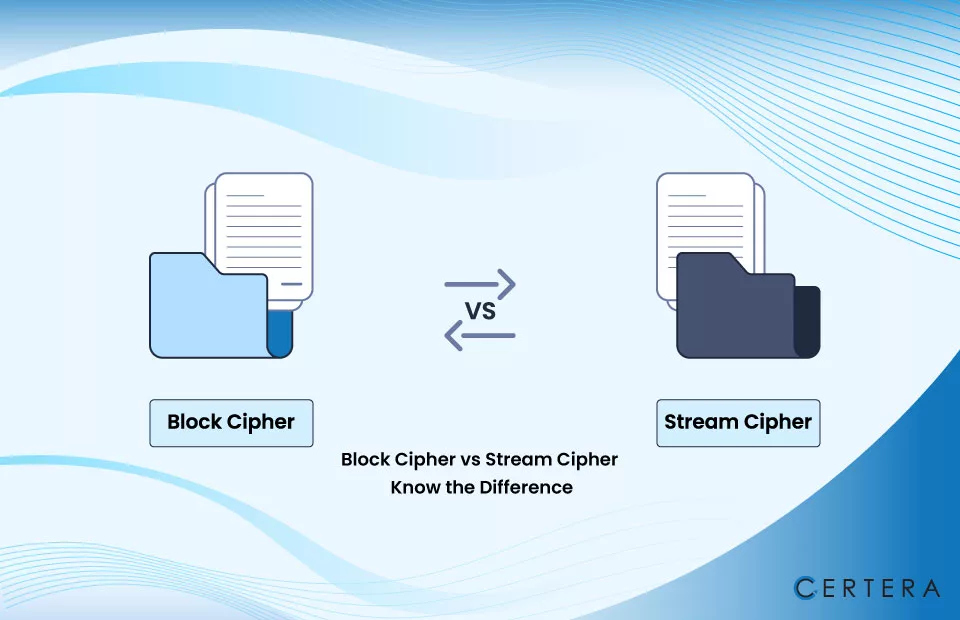Advantages of Block Ciphers over Stream Ciphers

Block ciphers and stream ciphers each have their own advantages and disadvantages, and the choice between them depends on the specific requirements of the cryptographic application. Here are some advantages of block ciphers over stream ciphers:
Parallel Processing: Block ciphers can operate on multiple blocks of data in parallel, allowing for efficient encryption and decryption of large datasets. This parallel processing capability can result in faster encryption and decryption speeds compared to stream ciphers, particularly for applications involving bulk data encryption.
Block Modes of Operation: Block ciphers support various modes of operation, such as Electronic Codebook (ECB), Cipher Block Chaining (CBC), Counter (CTR), and Galois/Counter Mode (GCM), which provide flexibility in encrypting data of arbitrary length. These modes enable block ciphers to handle diverse cryptographic requirements, including confidentiality, integrity, and authenticity.
Error Propagation: Errors or corruption in encrypted data typically affect only the corresponding block of plaintext in block ciphers. In contrast, errors in encrypted data can propagate and affect subsequent plaintext bits in stream ciphers, potentially leading to data corruption or loss of synchronization between the sender and receiver.
Resistance to Bit Flipping Attacks: Block ciphers with proper modes of operation, such as CBC or GCM, can provide protection against bit flipping attacks, where an attacker modifies individual bits in the ciphertext to manipulate the corresponding bits in the plaintext. These modes introduce randomness and diffusion, making it difficult for an attacker to predict or control the effect of modifying ciphertext bits.
Versatility: Block ciphers can be used in various cryptographic applications, including disk encryption, secure communication protocols (e.g., TLS/SSL), digital signatures, and message authentication codes (MACs). Their versatility and wide adoption make block ciphers suitable for addressing diverse security requirements in different contexts.
Standardization: Many block ciphers, such as the Advanced Encryption Standard (AES), have undergone extensive scrutiny and standardization processes by cryptographic experts and standardization bodies, ensuring their security, interoperability, and widespread adoption in industry and academia.
Overall, block ciphers offer several advantages, including parallel processing capabilities, support for diverse cryptographic modes, resistance to certain types of attacks, versatility in applications, and standardization, making them a preferred choice for many cryptographic scenarios. However, it's essential to carefully consider the specific security and performance requirements of each application when selecting a cipher.
Thank you,